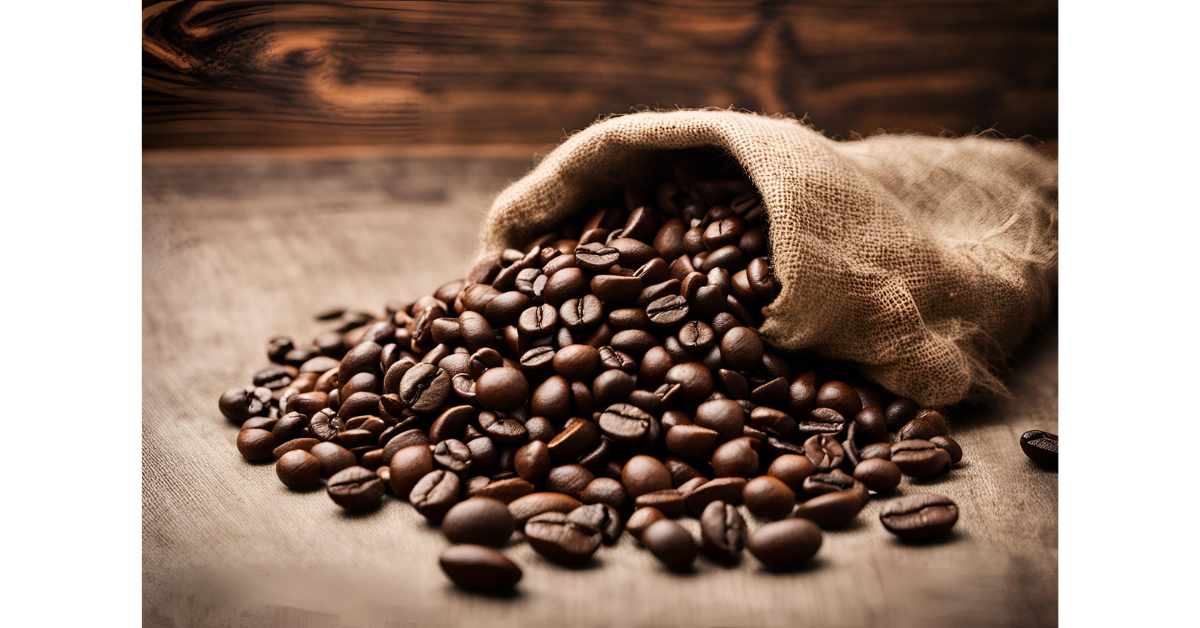
Ever wondered if your morning cup of coffee is secretly dehydrating you? While it’s true that coffee contains caffeine, a natural diuretic that can increase urine production, the dehydration myth might need a bit more scrutiny than just a blanket statement. In fact, for the average coffee drinker, the hydration received from the water in coffee appears to balance out the diuretic effects of caffeine. So, what’s the real scoop on coffee and dehydration, especially if you’re downing several cups a day? Dive into the facts with us as we explore how much coffee is too much and what that means for your hydration levels. This quick guide will quench your thirst for answers and help you sip smarter!
Effects of Dehydration on Coffee Quality
Dehydration can greatly impact the quality of coffee in various aspects, influencing its taste, aroma, texture, and overall drinking experience. Let’s delve into how dehydration affects these crucial elements.
Taste Alterations
When coffee undergoes dehydration, there is a notable shift in its taste profile. The lack of moisture can intensify the flavors, leading to a more concentrated and potentially bitter taste. Dehydration may also diminish the nuanced and delicate notes that contribute to the complexity of coffee flavors. As a result, coffee that has been dehydrated could lose its subtlety and balance, affecting the overall enjoyment of the brew.
Aroma Preservation
The aroma of coffee is a vital component of its sensory experience, and dehydration can significantly impact it. During the dehydration process, certain aromatic compounds in coffee beans may degrade or evaporate, diminishing the richness and complexity of the aroma. This can result in a less fragrant and nuanced coffee brew, as the dehydration process may strip away some of the distinctive scents that contribute to the overall olfactory experience of coffee.
Texture and Mouthfeel Changes
Dehydration can also influence the texture and mouthfeel of brewed coffee. Inadequate moisture content in coffee beans can impact the extraction process during brewing, leading to inconsistencies in the body and mouthfeel of the final cup. Coffee that has undergone dehydration might exhibit a thinner or less viscous texture, affecting the perceived richness and smoothness of the beverage. The absence of proper moisture levels can alter the tactile experience of drinking coffee, potentially detracting from its overall enjoyment.
By understanding the effects of dehydration on coffee quality, coffee enthusiasts and professionals alike can appreciate the importance of proper moisture levels in preserving the integrity of coffee’s taste, aroma, texture, and overall sensory experience.
Preventing Coffee Dehydration
Coffee dehydration can impact the flavor and quality of your brew. To maintain the freshness and moisture of your coffee, consider the following strategies:
Proper Storage Techniques
Properly storing your coffee beans is crucial in preventing dehydration. To keep your coffee fresh, store beans in an airtight container away from light, heat, and moisture. Avoid exposing them to direct sunlight or air, as these elements can accelerate dehydration. By storing your coffee beans in a cool, dark place, you can preserve their moisture content and extend their shelf life.
Photo by Ayşe Nur
Choosing the Right Roast Level
The roast level of coffee beans can impact their moisture content. Lighter roasts tend to retain more moisture compared to darker roasts, which can lose moisture during the roasting process. Opting for light to medium roasts can help preserve the natural oils and moisture within the beans, resulting in a more flavorful and less dehydrated cup of coffee.
Brewing Methods for Retaining Moisture
When brewing your coffee, certain methods can help retain moisture and enhance the overall flavor profile. Techniques like the immersion method, such as French press brewing, can help maintain the natural oils present in the beans, leading to a richer and more aromatic brew. Additionally, using a pour-over method with a slow extraction process can also aid in preserving moisture and capturing the full essence of the coffee beans.
Photo by Helena Lopes
By applying proper storage techniques, selecting the right roast level, and employing brewing methods that retain moisture, you can enjoy a flavorful and well-preserved cup of coffee while minimizing dehydration effects.
Conclusion
After exploring the effects of coffee dehydration, it is evident that monitoring your caffeine intake and staying well-hydrated are crucial for maintaining overall health. While coffee can offer a temporary energy boost, excessive consumption leading to dehydration can have negative consequences on your well-being.
Incorporating moderation in coffee consumption, balancing it with water intake, and being mindful of how your body reacts to caffeine can help you enjoy your coffee without compromising your hydration levels. Remember, listening to your body’s signals and making informed choices play a significant role in your overall wellness journey.
Taking care of your hydration needs and being mindful of your caffeine consumption go hand in hand to promote a healthier lifestyle. By understanding the impact of coffee dehydration and taking proactive steps to maintain a balance, you can continue to savor your favorite brew while prioritizing your well-being.
Photo by Chris Liu